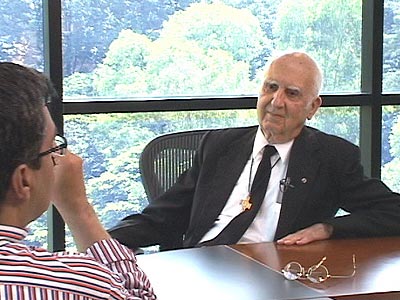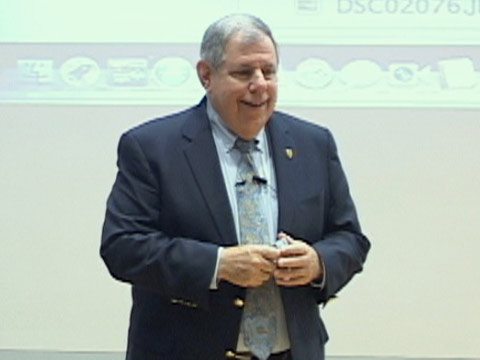About this videoThe current financial crisis is a relevant worldwide economic and social event that has generated panic and uncertainty. In this conference, Mark Skousen proposes the creation of a list containing the various methods that can aid in the prevention of another financial crisis. He states that economic crises aren't entirely negative regarding world economics and comments on the advantages that were made during the Great Depression of the early 20th century, which currently benefit society. Dr. Skousen emphasizes that this experience was caused by human error and shares six lessons from the current financial turbulence that need to be learned to prevent that this tragedy be repeated. |
|
CreditsPlenary Session III, "Reflections on the Global Financial Crisis: Has Keynes Toppled Adam Smith?"
| |











